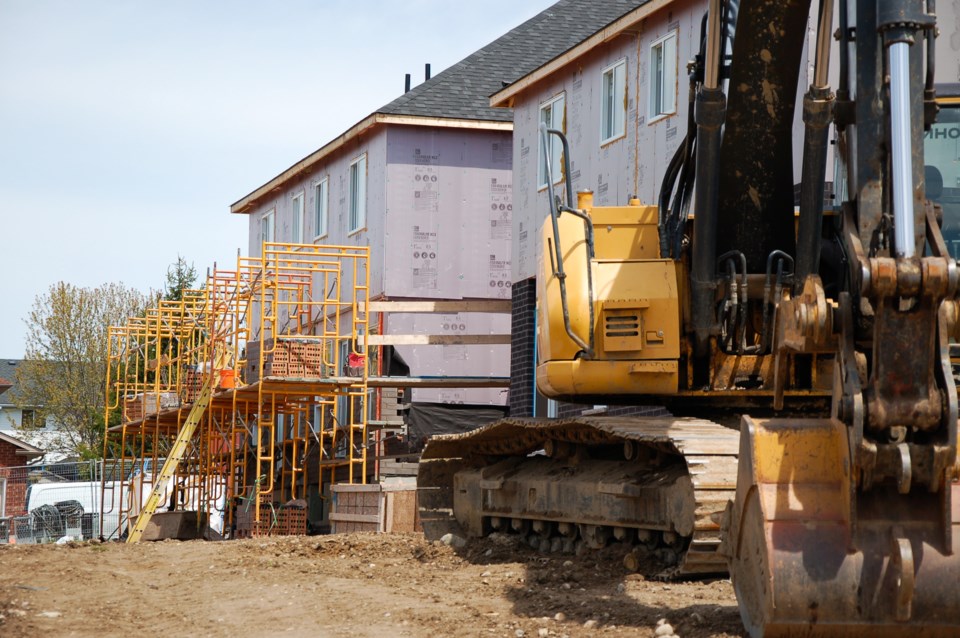City council is set to consider a series of new user fees for developers, with the stated goal of full cost recovery. The fees, if approved, are expected to generate more than $450,000 annually for municipal coffers.
But those additional dollars wouldn’t result in lessened property tax increases. Council’s approval was assumed when the 2024 to 2027 city budget was finalized last fall featuring a series of tax hikes between 7.33 and 9.79 per cent.
“The city is proposing to amend development application fees in 2024 to ensure that the city is using a full cost recovery model and is able to continue providing the high-quality services (to) our residents and businesses while mitigating financial risks associated with Bill 109 and Bill 23,” states a report heading to council’s planning meeting on March 20.
That report follows a review of development fees in the city launched after provincial legislation changes, approved in bills 109 and 23, that decreased the city’s ability to collect development charges and parkland dedication fees from developers.
City staff estimate those legislative changes will result in a $227 million decrease to revenue over a 10-year period.
“The outcome of the development fee review study is (a recommended) increase in revenues for development application fees and committee of adjustment fees,” the report notes. “Using previous application volumes, the estimated increase in development application revenues is approximately $397,000 annually and approximately $65,000 annually for committee of adjustment fees.”
Among the proposed new fees is a $14,000 charge (plus $1,660 per hectare) for the assessment and review of block plans – something that addresses the specific location of elements within a larger plan such ones for the Clair-Maltby area and the Guelph Innovation District, where there could be multiple properties and property owners involved.
Additionally, a $31,450 fee is recommended for Minister’s Zoning Orders (MZO) and Community Infrastructure and Housing Accelerator initiatives. MZO applications, which seek provincial government approval for a development plan rather than following the traditional planning process with public consultation, take about 513 hours of staff time to complete.
Several other new fees are proposed, but those are the ones highlighted in the city staff report.
Among the others are a pre-consultation fee for minor zoning changes requested from the city’s committee of adjustment, a lot creation fee, a charge for a temporary use bylaw and others for revisions to previous submissions.
City council is set to consider implementing the recommended new fees during its March 20 meeting, which begins at 10 a.m. and will be held at city hall. The meeting will also be streamed live at guelph.ca/live.




